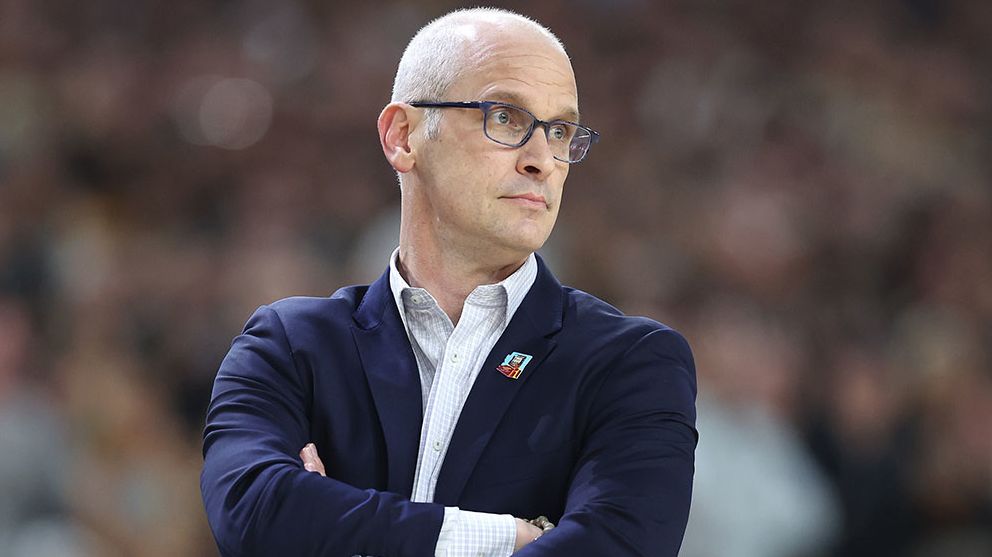
Due to a drug-related issue, the Salt Lake County pickleball team has just been suspended.
The Salt Lake County pickleball team, once celebrated for its skill and camaraderie, faced a shocking suspension that rocked the local sports community. Just days before a crucial tournament, the team was sidelined due to a drug-related issue, casting a shadow over their hard-earned reputation and igniting heated discussions about the pressures athletes face.
The suspension stemmed from an unexpected announcement by the Salt Lake County Pickleball Association (SLC-PA). Following routine drug testing, several players had tested positive for banned substances, leading to immediate disciplinary action. The news spread like wildfire, leaving fans, families, and fellow athletes in disbelief. How could a team known for its dedication and sportsmanship find itself embroiled in such controversy?
As details emerged, it became clear that the situation was more complicated than it appeared. The positive tests were not a result of malicious intent but rather linked to a supplement that many players had taken, believing it to be safe and compliant with regulations. The team’s coach, who had always emphasized the importance of integrity and fair play, expressed frustration over the lack of clarity surrounding dietary supplements and their regulation in sports. “We thought we were doing everything right,” he said in a press conference, visibly shaken. “This is a wake-up call for all of us.”
The pickleball community was divided. Some fans quickly turned against the players, feeling betrayed and demanding accountability. Social media buzzed with opinions, ranging from calls for severe penalties to pleas for understanding and compassion. Others defended the team, highlighting the immense pressure athletes face in competitive environments. The intense drive to succeed, coupled with the challenge of maintaining peak performance, often leads players to seek out supplements, sometimes without fully understanding the implications.
As discussions intensified, advocacy groups began to emerge, calling for reforms in how supplements are regulated in sports. They emphasized the need for better education for athletes regarding what substances are permissible and the risks associated with certain products. “Athletes are often left in the dark about what they’re consuming,” one advocate stated. “It’s essential for organizations to provide resources that educate players about safe practices.”
In the wake of the suspension, the Salt Lake County pickleball team found itself grappling with uncertainty. The players were devastated; their dreams of competing at a high level were suddenly put on hold. Team members came together, sharing their thoughts and feelings about the situation. They expressed regret and disappointment but also a determination to fight back. “We want to clear our names and prove that we are committed to the integrity of the sport,” one player said, echoing the sentiments of the entire team.
The SLC-PA launched an internal investigation to assess the circumstances leading to the positive tests. The organization sought to determine whether players had been adequately informed about the substances they were consuming. Meanwhile, the team worked closely with legal and nutrition experts to navigate the complexities of the situation, aiming to gather evidence that could support their case.
As the suspension lingered, the team became a focal point for larger conversations about doping in sports. Local media began to cover the story extensively, featuring expert opinions and personal anecdotes from athletes across various sports. The narrative began to shift from blame to understanding, with a growing recognition of the challenges faced by competitors striving for excellence.
Ultimately, the Salt Lake County pickleball team’s suspension served as a critical moment in the sport’s evolution. It highlighted the need for comprehensive education, support, and transparency regarding substance use and athlete health. Regardless of the outcome, the team vowed to use their experience to advocate for change, ensuring that future athletes would be better equipped to navigate the complexities of competitive sports. Their journey became not just about reclaiming their status in pickleball but also about promoting integrity and responsibility within the broader athletic community.



